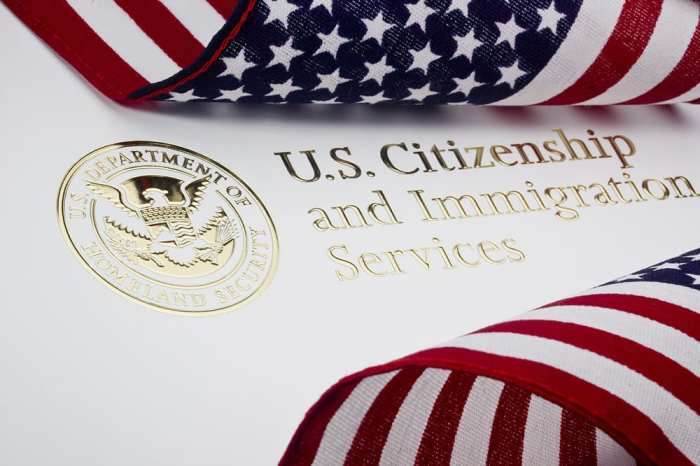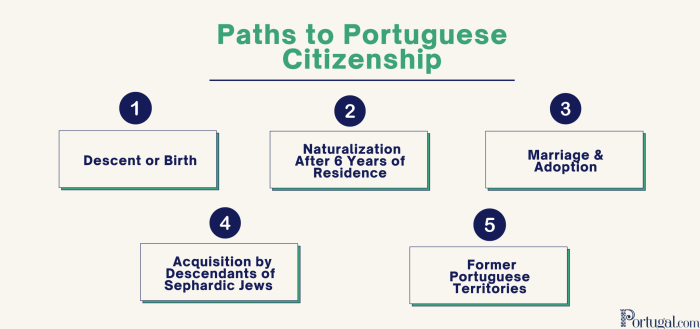Quais as 100 perguntas para cidadania americana em portugues – Quais as 100 perguntas para cidadania americana em português? Este artigo abrangente explora as origens históricas, o conteúdo, os desafios de tradução, o contexto cultural e as implicações educacionais das 100 perguntas de civismo para cidadania dos EUA em português.
Ao fornecer uma análise aprofundada dessas perguntas, este artigo visa auxiliar imigrantes de língua portuguesa em sua jornada para obter a cidadania americana.
As 100 perguntas de civismo são uma parte essencial do processo de naturalização, avaliando o conhecimento dos candidatos sobre a história, governo e valores americanos. Essas perguntas têm uma longa história, evoluindo ao longo do tempo para refletir as mudanças na sociedade americana.
Introduction
The 100 civics questions for US citizenship in Portuguese are a set of questions that all applicants for naturalization must be able to answer correctly. These questions are designed to test an applicant’s knowledge of US history, government, and civics.
The ability to answer these questions is an important part of the naturalization process, as it demonstrates that the applicant has a basic understanding of the rights and responsibilities of US citizenship.
The civics questions are divided into four main categories: US history, government, civics, and geography. Each category contains 25 questions. The questions are written in clear and concise language, and they are designed to be accessible to all applicants, regardless of their educational background or native language.
Historical Foundations

The civics questions for US citizenship have a long and rich history. The first civics questions were developed in the early 1900s, and they have been revised several times over the years. The current version of the questions was adopted in 2008.
The purpose of the civics questions is to ensure that all applicants for naturalization have a basic understanding of the history, government, and civics of the United States. The questions are designed to test an applicant’s knowledge of the key events in US history, the structure and function of the US government, and the rights and responsibilities of US citizens.
Content Analysis

| Category | Number of Questions | Topics Covered | Significance |
|---|---|---|---|
| US History | 25 | Key events in US history, from the founding of the nation to the present day | Demonstrates an understanding of the historical development of the United States |
| Government | 25 | Structure and function of the US government, including the three branches of government and the Bill of Rights | Demonstrates an understanding of the principles of American government |
| Civics | 25 | Rights and responsibilities of US citizens, including the right to vote, the right to freedom of speech, and the responsibility to obey the law | Demonstrates an understanding of the rights and responsibilities of US citizenship |
| Geography | 25 | Basic geography of the United States, including the location of major cities and states | Demonstrates an understanding of the geography of the United States |
Language and Accessibility
The civics questions for US citizenship are available in 20 languages, including Portuguese. This ensures that all applicants for naturalization have access to the questions in their native language.
However, there are some challenges associated with translating the civics questions into Portuguese. For example, some of the concepts in the questions are difficult to translate into Portuguese. Additionally, some of the questions refer to specific events or institutions in US history that may not be familiar to Portuguese-speaking applicants.
Despite these challenges, the civics questions are still an important part of the naturalization process. They help to ensure that all applicants for naturalization have a basic understanding of the history, government, and civics of the United States.
Cultural Context
The civics questions for US citizenship reflect the values and ideals of the United States. For example, the questions emphasize the importance of democracy, freedom, and equality. They also stress the importance of civic participation and the rule of law.
The civics questions are not without their critics. Some people argue that the questions are biased towards a particular political ideology. Others argue that the questions are too difficult for some applicants to understand. However, the civics questions remain an important part of the naturalization process.
They help to ensure that all applicants for naturalization have a basic understanding of the history, government, and civics of the United States.
Educational Implications
The civics questions for US citizenship can be used to teach civics and promote civic engagement. For example, the questions can be used to create lesson plans and activities that help students to learn about the history, government, and civics of the United States.
There are a number of educational resources and programs that utilize the civics questions. For example, the US Citizenship and Immigration Services (USCIS) offers a free online civics course that helps applicants to prepare for the civics test. Additionally, there are a number of non-profit organizations that offer civics classes and workshops to help immigrants prepare for naturalization.
Popular Questions: Quais As 100 Perguntas Para Cidadania Americana Em Portugues
Qual é o propósito das 100 perguntas de civismo?
As 100 perguntas de civismo avaliam o conhecimento dos candidatos sobre a história, governo e valores americanos, garantindo que eles compreendam os princípios fundamentais da sociedade americana.
Como as perguntas de civismo evoluíram ao longo do tempo?
As perguntas de civismo foram revisadas e atualizadas ao longo do tempo para refletir as mudanças na sociedade americana e nos desafios enfrentados pelos imigrantes.
Quais são os desafios de traduzir as perguntas de civismo para o português?
Traduzir as perguntas de civismo para o português apresenta desafios linguísticos e culturais, exigindo cuidado para garantir precisão e compreensão.